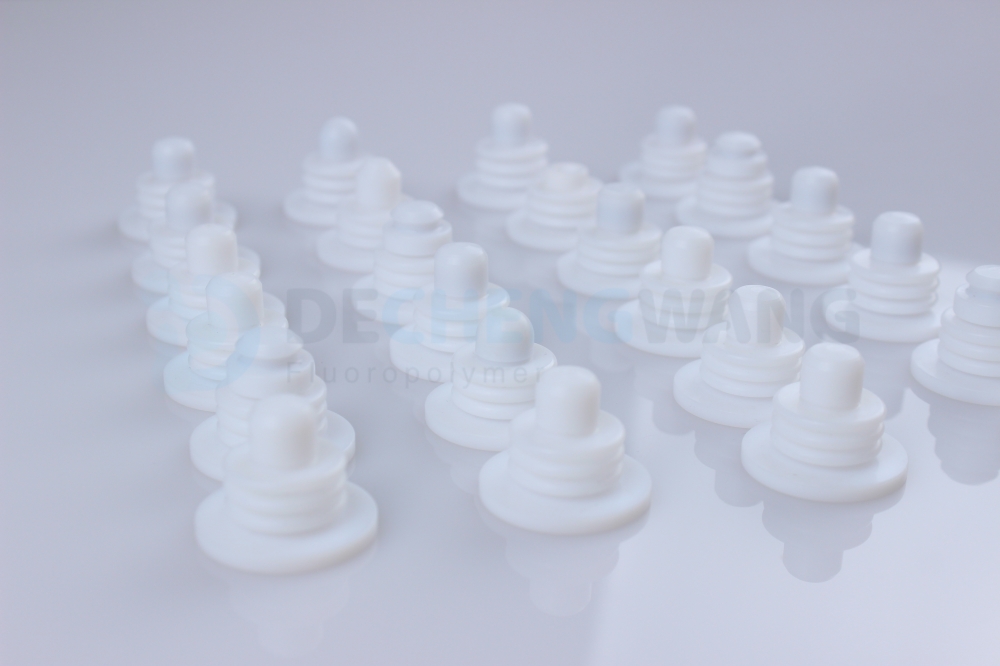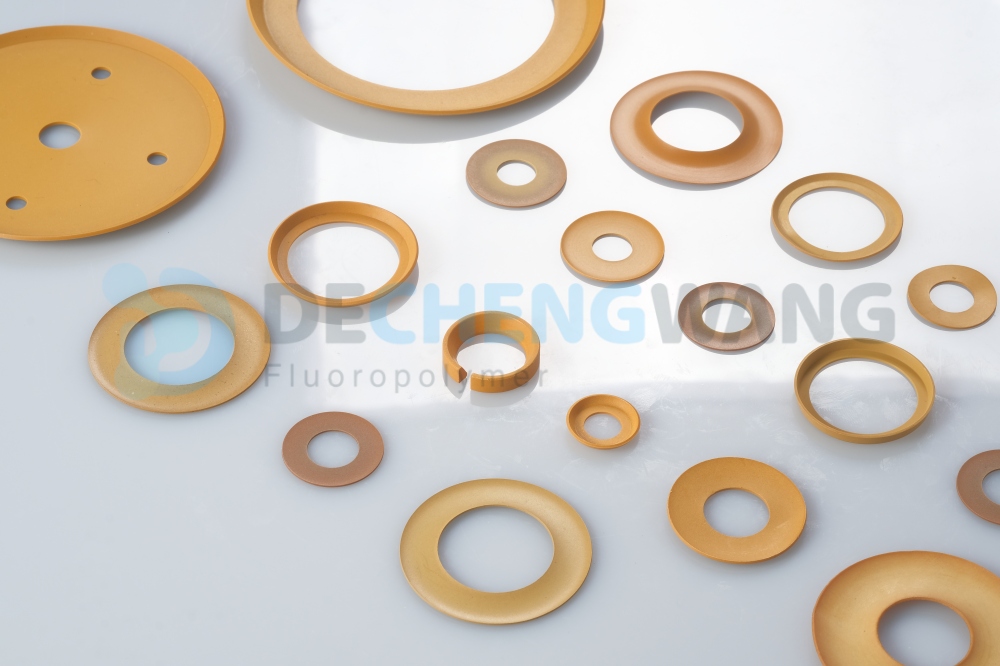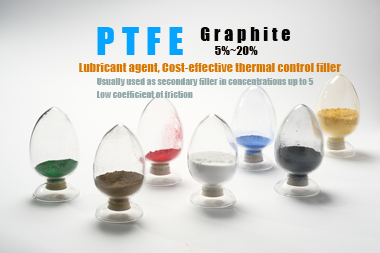A non-metallic gasket is the most popular choice in recent days in several commercial manufacturing settings. From bonnet valves and heat exchangers to pipe flanges, PTFE tubes, and compressors, a non-metallic gasket has many applications that make manufactured products more durable and enhance functionality.
One of the most significant advantages of introducing non-metallic gaskets into commercial manufacturing is their resistance to corrosion, high temperatures, and chemical exposures. However, extreme temperature conditions can prove dangerous for these gaskets. A non-metallic gasket can be made from materials like fiber and rubber, which adds to its durability and resistance.

Definition And Common Types Of Non-Metallic Gasket
Recognized for their resilience, sealability, and strength, non-metallic gaskets are mainly used with high and low-pressure flanges. Compared to metallic gaskets, a non-metallic gasket may not withstand extreme pressure and temperature conditions, but they are more corrosion resistant and more flexible.
What Is Non-Metallic Gasket?
Resembling a flat disc-like shape with several holes on its surface, a non-metallic gasket is a mechanical seal that is made with non-metallic durable sheets made from fiber, rubber, graphite, or polytetrafluoroethylene (PTFE). These gaskets prevent leakage in pipe flanges, compressors, bonnet valves, heat exchanges, and many more.
Non-metallic gaskets are flexible; they can be cut and rolled into desired shapes and sizes, enhancing the safety of pipelines and valves. They are ideal for low-pressure applications as extreme pressure conditions can destroy them. Their non-metallic body makes them lightweight and offers superior corrosion resistance.
Common Types Of Non-Metallic Gaskets
Many common materials are used in manufacturing different non-metallic gasket types. These materials give the gaskets more flexibility and resistance. The most common types of non-metallic gaskets that you will come across are:
Expanded PTFE Gaskets
One of the most common types of expanded PTFE gaskets is popularly used in water supply systems, hydraulic systems, fume ducts, ventilation ducts, pneumatic systems, and many others. Made from flexible and high-quality polytetrafluoroethylene or PTFE, these gaskets are mostly suitable for temperatures not ranging more than 260°C.
Expanded PTFE gaskets offer more sealability than conventional ones. They can be easily installed in complex and large systems like the flange applications in a solvent recovery system. They are manufactured with the ideal width and length necessary for tolerating different pressure levels.
Fiber-Based Gaskets
Another popular nonmetallic gasket types are the fiber-based gaskets that are made from fiber-reinforced sheet material. Fiber gaskets are made from many different varieties of fiber, including:
- Carbon Fiber- It is a special type of fiber with thermal conductivity. Carbon fiber can tolerate high temperatures; therefore, it is more heat resistant than other fiber variants. Not just heat, carbon fibers are also chemical resistant, but they cannot withstand highly-oxidized environments.
- Aramide Fiber- These are aromatic fibers recognized for their stability and strength. They can withstand medium temperature ranges.
- Glass Fiber- Made from inorganic components like metal silicates, glass fibers can resist chemical exposures and moderate to high-temperature conditions. A glass fiber doesn’t fibrillate.
- Cellulose Fiber- These are natural fibers that can tolerate low temperatures. They can also deal with medium-pressure conditions.
- Mineral Fiber- Also recognized as ‘mineral wool’, mineral fibers are inorganic fibers containing metallic silicates. They do not fibrillate and can withstand medium to high-temperature conditions.
Rubber-Based Gaskets
Very commonly used in water or other liquid supply lines, rubber-based gaskets are praised for their high sealability and strength. They prevent liquid and air leakage and can withstand relatively high-pressure conditions. When exposed to very high temperatures, they may expand or degrade in quality.
Rubber gaskets can also be made from a variety of materials, including natural rubber, silicone, Chlorbutadiene rubber, ethylene propylene diene rubber, fluoroelastomer, styrene-butadiene rubber, and butyl rubber.
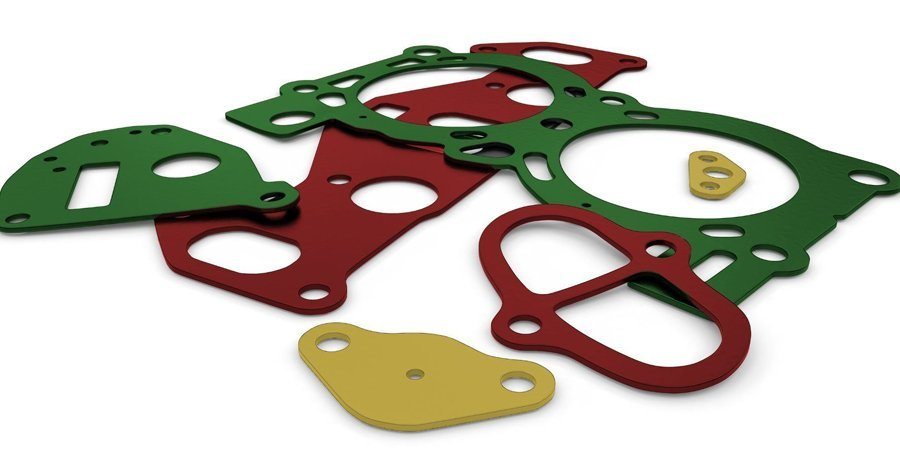
Advantages Of Non-Metallic Gaskets
Metallic gaskets have been introduced into commercial manufacturing for centuries. Metallic gaskets are praised for their durability and strength, but they are highly corrosive and can react when exposed to certain chemicals. To remove these worries, manufacturers prefer a non-metallic gasket sheet that can endure medium to high temperature and pressure conditions, is non-corrosive, and is flexible. Some other advantages of these gaskets include:
Excellent Sealing Performance
One of the primary reasons a non-metallic gasket sheet is preferred over metal ones is its excellent sealing performance. Materials like rubber, fiber, and PTFE make these gaskets durable, heat and corrosion-resistant, and most importantly, make them amazing seals that prevent air and liquid leaks most efficiently.
Chemical Resistance
Another reason why several non-metallic gasket types are popularly used in commercial manufacturing processes is their chemical resistance. For decades, metal gaskets have been considered the strongest and most durable option, but there is always a question relating to sealability and chemical resistance.
Metals often react with chemicals and cause corrosion, and luckily, with non-metallic gaskets, the scenario is just the opposite. They are chemical resistant and do not give rise to corrosion.
Temperature And Pressure Resistance
Even though metal gaskets are known to endure extremely high temperature and pressure conditions, under some circumstances, they can expand and even corrode. With a non-metallic gasket installed in water supply lines, gas supply lines, ball valves, or any other supply lines, there are no worries relating to leakage.
Non-metals do not expand or contract in high or low-temperature conditions, nor do they break in different pressure conditions. However, there is always a prescribed temperature and pressure level that must be maintained to ensure safety.
Electrical Insulation Properties
Non-metals like rubber, PTFE, silicone, and fiber are known for their electrical insulation properties. Gaskets made of non-metals serve as the perfect insulators between dissimilar flanges made from metals.
The insulating properties of a non-metallic gasket are also the electrostatic charge flow among the protection systems or pipelines. This insulating property of the gaskets can enhance safety, especially where pipelines are connected with some open water bodies like lakes and rivers.
Wide Applications Of Non-Metallic Gaskets
It is because of their flexibility, resistance to pressure and temperature conditions, and ability to endure chemical exposures to an extent that non-metallic gaskets have several industrial applications. They are most popularly used in:
Oil And Gas Industry
Mostly installed in pipelines and valves, in oil and gas industries, a non-metallic gasket is specifically introduced in low temperature and pressure conditions. It enhances sealability and the safety of pipeline supplies. Among various non-metallic gasket types introduced by the oil and gas industries, graphite gaskets are an exception because they can be used for higher temperature conditions not exceeding 460°C.
Chemical Processing Industry
By now, it has been known that a non-metallic gasket remains ineffective during chemical exposures compared to metals; hence, they are quite popular in chemical processing industries. A non-metallic gasket is non-reactive and does not corrode when it comes in contact with certain chemicals, so it is ideal for the settings of chemical processing industries.
Power Generation Industry
The power generation industry makes use of many resources, like turbines, natural gases, fossil fuels, generators, etc, to generate power and energy. Hence, there is a requirement for pipeline systems where gases and liquids pass through. As the gas and liquid mostly used by these industries are reactive and need low temperature and pressure conditions, a non-metallic gasket is most useful.
Your Reliable Manufacturer Of Non-Metallic Gaskets
For businesses, finding an ideal manufacturing partner who will listen to all the big and small needs carefully and design products accordingly is almost next to impossible. However, if business owners like you seeking a long-term partnership with reliable brands come across DCW, the fate of your businesses shall change forever.
One of the leading manufacturers of PTFE machined components in China, DCW, for decades, has been specializing in offering the best solutions to various industries, including aerospace, oil and gas, automotive, and chemical.
A Wide Range Of Available Materials
At DCW, you get a chance to choose among various materials when customizing finished or semi-finished products for your businesses. The brand specializes in delivering products manufactured with top-quality materials like PTFE, PEEK, PCTFE, and PVDF, all a superior variant of polymer. DCW pays great attention to its manufacturing process and never fails to conduct quality inspections on every product manufactured. Thus, you get not only variety but also quality.
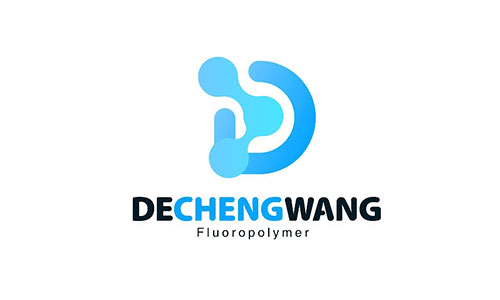
Various Customization Options
DCW takes pride in its varied custom service, where experts connect with clients to take note of their requirements and deliver products that are satisfactory and have an uncompromising quality. There is no fixed number of orders that the clients must place to make their products customized; clients can choose the numbers independently.
Conclusion
Finding a trustworthy manufacturer with uncompromising quality is never easy, but brands like DCW restore their clients’ faith and offer the best custom solutions. If your business is seeking high-quality machine components, especially non-metallic gaskets made from the best quality PTFE, contact us today and explore our capabilities.

